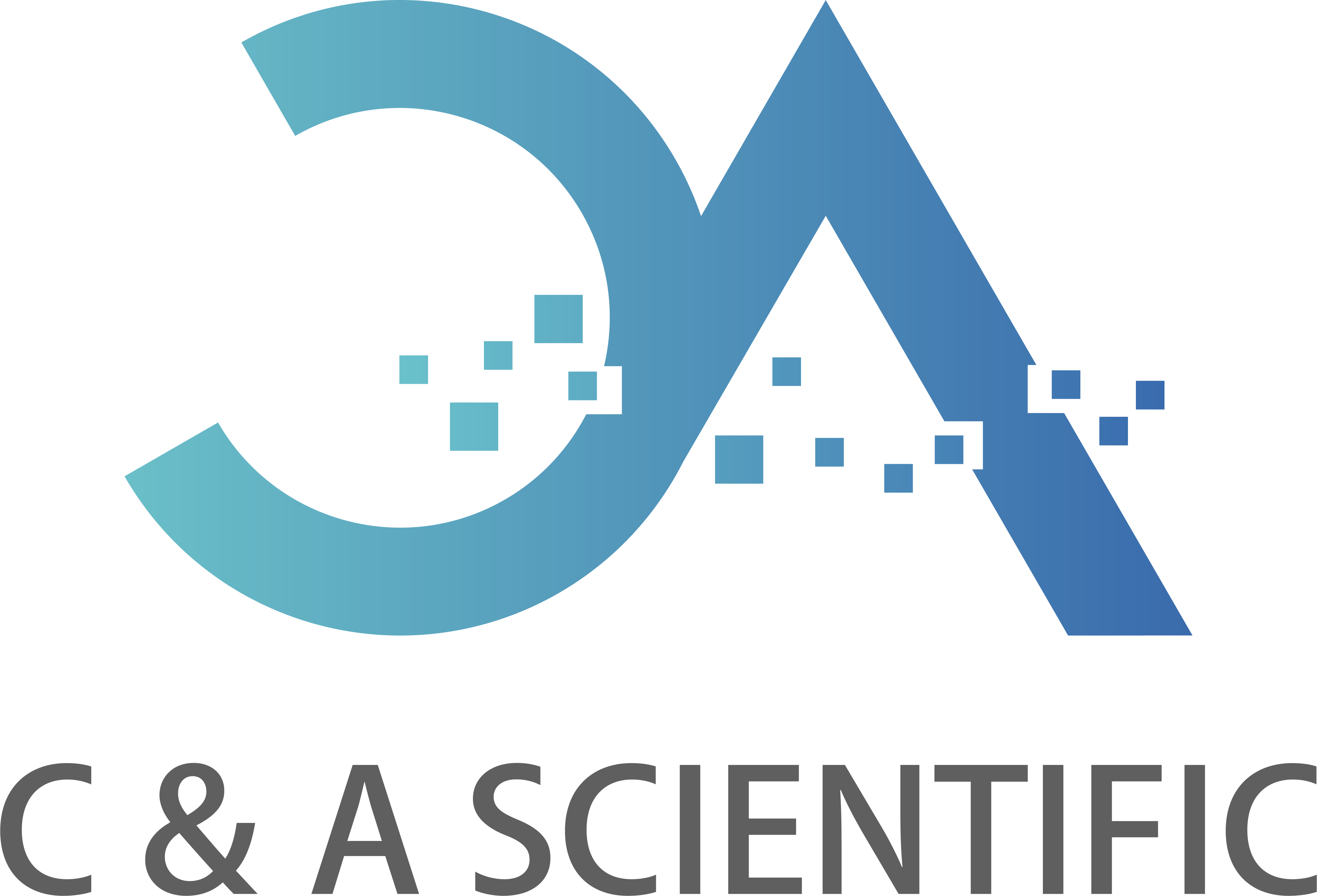
Millions of people will sit down next week to prepare their goals for the New Year. However, only 8% of people will stick with their resolutions. Why is this?
When people make goals for New Year’s Day, they often plan to tackle long-standing habits that have taken years to build. For example, they may want to quit drinking sugary beverages or exercise more frequently.
These habits may be easy to maintain during the first week of January. However, by the beginning of February, over 80% of people will drop their resolutions completely.

Let’s look at three common New Year’s resolutions and explore how to make them last.
TABLE OF CONTENTS
- Exercise Regularly
- Fit Exercise into Your Daily Routine
- Types of Exercises
- Eat and Drink Nutritiously
- Benefits of Eating and Drinking Healthy
- Healthy Alternatives
- Get Enough Sleep
- Create a Sleep Routine
- Benefits of Sleep
- How to Maintain Healthy Habits
- Create a Daily Schedule
- Hold Yourself Accountable
- Resource Recommendations
- Atomic Habits by James Clear
- The Power of Habit by Charles Duhigg
- Better Than Before by Gretchen Rubin
Exercise Regularly
Frequent exercise is an excellent New Year’s resolution because it positively impacts multiple aspects of your physical health. According to the CDC, staying physically active is beneficial for:
- Brain Health
- Weight Management
- Muscle and Bone Strength
- Disease Prevention

Fit Exercise into Your Routine
Aim for 30 minutes of exercise daily. However, if you plan to lose weight, you may need to exercise more.
Exercising for 30 minutes a day can have tremendous benefits, such as:
- Enhancing Memory
- Improving Heart Health
- Strengthening Immunity
- Reducing Stress
- Boosting Mood
- Refreshing Creativity
There are multiple types of exercise you can partake in to improve your health in the new year.
Types of Exercise
1. Aerobics

Aerobic exercise keeps your heart and lungs healthy by increasing your heart rate and oxygen levels! Aerobics allows you to:
- Decrease Inflammation
- Reduce Blood Sugar
- Reduce Blood Pressure
- Burn Fat
- Boost Mood
Aerobic exercise should make up 150 minutes of your physical activity each week. Aerobics can take the form of various activities, such as:
- Walking
- Rowing
- Swimming
- Dancing
- Cycling
- Skiing
- Jogging
- Using an elliptical
- Climbing stairs
Check out our American Heart Health blog post to learn more about heart health!
2. Stretching

When you age, you grow less agile as your muscles stiffen. Stiff muscles can lead to muscles shortening, which leads to issues such as:
- Joint Pain
- Muscle Cramps
- Muscle Damage
- Fall Risks
Daily stretching can increase flexibility and keep your muscles and joints strong and healthy. Cut your risk of pain and injury by:
- Warming up with quick stretches to transport oxygen and blood to your muscles (arm swings, high knees)
- Completing longer stretches to relax, establish, and build muscles (touch your toes, stretch your shoulders)
3. Balancing

Balance is critical to maintain as we age. Those with poor balance are prone to falls and injury later in life.
Balance improves:
- Risk of Injury
- Recovery time
- Coordination
- Strength
- Posture
To increase your balance, try the following:
- Yoga
- Tai Chi
- Squats
- Single-Leg Lifts
- Walking Heel to Toe
4. Strengthening

Strength training is essential for building and maintaining muscle mass. As we age, completing daily chores and activities becomes increasingly difficult. By keeping your strength, you can:
- Reduce blood sugar levels
- Maintain weight
- Decrease joint pain
- Restore bone growth
- Improve posture
Strength training only occasionally means heavy lifting. You can complete lifts at high repetition and low weight to maintain strength.
Try these strength training exercises:
- Hip Thrusts
- Planks
- Tricep Dips
- Chest Press
- Squats
- Bent Over Row
- Lunges
- Deadlift
Eat and Drink Nutritiously
Over 42% of American adults have health issues impacted by their weight.

Most people eat unhealthy food due to stress. Stress causes us to need more energy and increases our hunger levels. Individuals may turn to sweeter foods because sugar causes the brain to produce a rush to the reward center of your brain, dopamine.
However, these dopamine boosts are a temporary fix to our problems. Improving other areas of our life, such as exercise, sleep, and mental health, will reduce stress and the need to eat unhealthy foods.
Benefits of Eating and Drinking Healthy
Consuming healthy, nutritious foods improves our health drastically. According to the CDC, eating healthy provides the following benefits:
- Maintains weight
- Improves digestion
- Strengthens immunity
- Reduces risk of heart disease, diabetes, and cancer
- Builds muscles
- Supports bone health
- Increases life expectancy
- Helps pregnancy health
- Improves teeth, eyes, and skin health

Most people overlook the importance of drinking healthily as well. Energy drinks, sugary beverages, and alcohol are widespread in our society, but they can leave behind detrimental effects on our health.
When packed with sugar, these drinks can lead to:
- Tooth Decay
- Weight Gain
- Diabetes
- Heart Disease
Boost your metabolism, digestion, and skin health by drinking eight glasses of water a day. Water makes up over 60% of the body, so it is vital that you consistently replenish your organs.
Now that you know the benefits of eating and drinking healthy, let’s look at some healthy alternatives to your favorite unhealthy foods and drinks.

Healthy Alternatives
It is a common misconception that eating healthy means sticking to boring and plain foods. You don’t have to eat chicken, rice, and vegetables for every meal. Lately, there has been a rise in snacks made with healthier ingredients.
Choosing healthier alternatives can prevent illnesses, lower cholesterol, and help you maintain weight. When grocery shopping, check food labels. Try to avoid the following unhealthy ingredients:
- High Fructose Corn Syrup
- Artificial Dyes, Such as Red 40, Yellow 5 & 6, Blue 1
- Sulfites
- Trans Fat
- Palm Oil
- Vegetable Oil
- Artificial Sweeteners

Get Enough Sleep
According to the American Academy of Sleep Medicine and the Sleep Research Society, adults should sleep at least seven hours every night.

Sleeping less than seven hours can have long-lasting adverse effects, such as:
- Heart Disease
- High Blood Pressure
- Diabetes
- Obesity
- Mental Stress
To make sure you get an adequate amount of sleep each night, create a sleep routine.
Create a Sleep Routine
A sleep routine can help improve the quality of your sleep, help you fall asleep faster, and reduce anxious thoughts.
Try out these tips for building a nighttime routine from the Sleep Foundation:
- Go to Sleep and Wake Up at the Same Time
- Read or Journal
- Listen to Soothing Sounds
- Take a Hot Shower
- Avoid Electronics Before Bed
- Drink Tea or Warm Water Before Bed
- Stretch and Meditate
According to the CDC, one-third of Americans don’t receive enough sleep. Don’t be part of the statistic. Create a sleep routine, sit back, and relax as your life improves.

Benefits of Sleep
Sleeping is the most crucial part of every single day. We need sleep to be able to perform efficiently during the day. We know that a lack of sleep causes health issues, but what are the benefits of a good night’s rest?
Sleep helps to:
- Regulate Blood Sugar
- Manage Stress Levels
- Recover Muscles
- Improve Mood
- Maintain Weight
- Decrease Anxiety and Depression
- Improve Heart Health

Now that you know the benefits of making exercise, nutrition, and sleep a habit, how can you maintain them and keep your New Year’s resolution going all year round?
How to Maintain Healthy Habits
To maintain a healthy habit, you should understand how you operate once setting goals. Remember that not everyone will fit the same mold when creating a plan of action for their New Year’s resolution.
For example, if you are naturally a night owl, it might not be beneficial to plan to work out every morning at 5 AM. Waking up early may deter you from having the motivation to achieve your goal. Instead, create a schedule that works with your personality, not against it.
Create a Daily Schedule
Habits work best when you do something at the same time every single day or have it triggered by another action. For example, many people brush their teeth right when they wake up in the morning or after breakfast.

Set small goals instead of big ones. Don’t create a plan that is unachievable for you. For example, if you want to get back into running, don’t sign up for a 5K in February. Start small and work your way up to your goal. Try jogging for five minutes every day and increase the amount over time.
When your goals are achievable, you will likely put in the effort and stick with them.
Don’t strive for perfection. Allow yourself the grace of messing up or having off days when creating habits. Perfection often limits people’s abilities to achieve their goals. Think about your goal as something you are working on every day instead of looking at the big picture.
Hold Yourself Accountable
When setting goals, write everything down. Have a visual guide of what you want to achieve and when. Talk to others about your plans so that you have more reason to keep your goals.

For example, if you go to a restaurant with a friend, you will be less likely to order a cookie for dessert if you tell them you are eating healthily.
Celebrate each mini-goal and plan rewards for meeting the final goal. Is there a trip you’ve meant to take or a product you’ve wanted to buy? Create incentives for yourself to give a final push towards the end goal.
Lastly, allow yourself grace and patience when creating and maintaining your New Year’s resolutions. Your future self will thank you for your dedication, perseverance, and any strides you will make in the new year.

Resource Recommendations
For more information regarding breaking and creating habits, check out these three self-help books with powerful quotes from their authors:
1. Atomic Habits: An Easy & Proven Way to Build Good Habits & Break Bad Ones by James Clear
“You do not rise to the level of your goals. You fall to the level of your systems.”
“The task of breaking a habit is like uprooting a powerful oak within us. And the task of building a good habit is like cultivating a delicate flower one day at a time.”
“Success is the product of daily habits- not once-in-a-lifetime transformations.”
2. The Power of Habit by Charles Duhigg
“But to change an old habit, you must address an old craving. You have to keep the same cues and rewards as before, and feed the craving by inserting a new routine.”
“Change might not be fast and it isn’t always easy. But with time and effort, almost any habit can be reshaped.”
“This is the real power of habit: the insight that your habits are what you choose them to be.”
3. Better Than Before by Gretchen Rubin
“Don’t let the perfect be the enemy of the good.”
“Something that can be done at any time is often done at no time.”
“How we schedule our days is how we schedule our lives.”
C & A Scientific is a dedicated leader in improving the health and minds of people worldwide. We supply over 700 award-winning medical and STEM-inspired products to distributors and retailers looking for sensational customer service. Learn more about us and our story here.

